𝐖𝐚𝐭𝐜𝐡 𝐭𝐡𝐞 𝐟𝐮𝐥𝐥 𝐦𝐨𝐯𝐢𝐞 𝐡𝐞𝐫𝐞:
Meek's Cutoff (2010), directed by Kelly Reichardt, is a slow-burn historical drama set in 1845, following a group of pioneers traveling westward across the American frontier. The film begins with a group of settlers, led by a man named Stephen Meek, who claims to know a shortcut to Oregon. The settlers, including a young woman named Emily, are dependent on Meek's knowledge as they traverse the harsh, barren landscape. However, doubts arise when they begin to question whether Meek's supposed shortcut is leading them further into danger. The film takes a critical look at the uncertainty and vulnerability of life on the trail, focusing on themes of survival and the fragility of human hope.
The narrative of Meek's Cutoff is deliberately minimalist and restrained, allowing tension to build slowly over time. The characters' emotions and the stark landscape are captured in a way that forces the audience to immerse themselves in the harsh realities of frontier life. Instead of focusing on action, the film dwells on the psychological and emotional impact of their journey. The barren wilderness becomes a character in itself, reflecting the isolation and desperation felt by the travelers. This slow pacing and attention to detail in every frame create a contemplative atmosphere that evokes the struggle for survival in an unforgiving world.
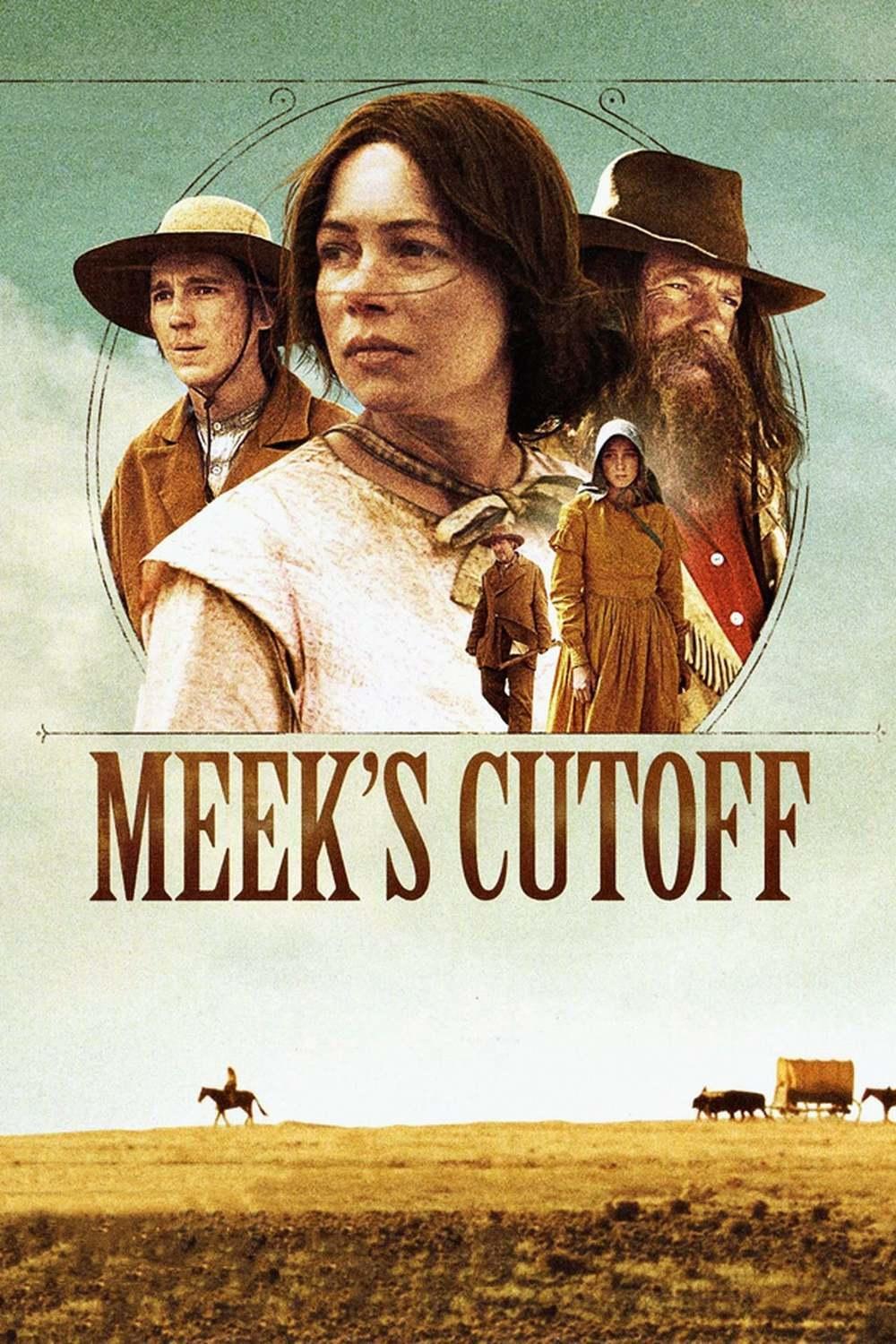
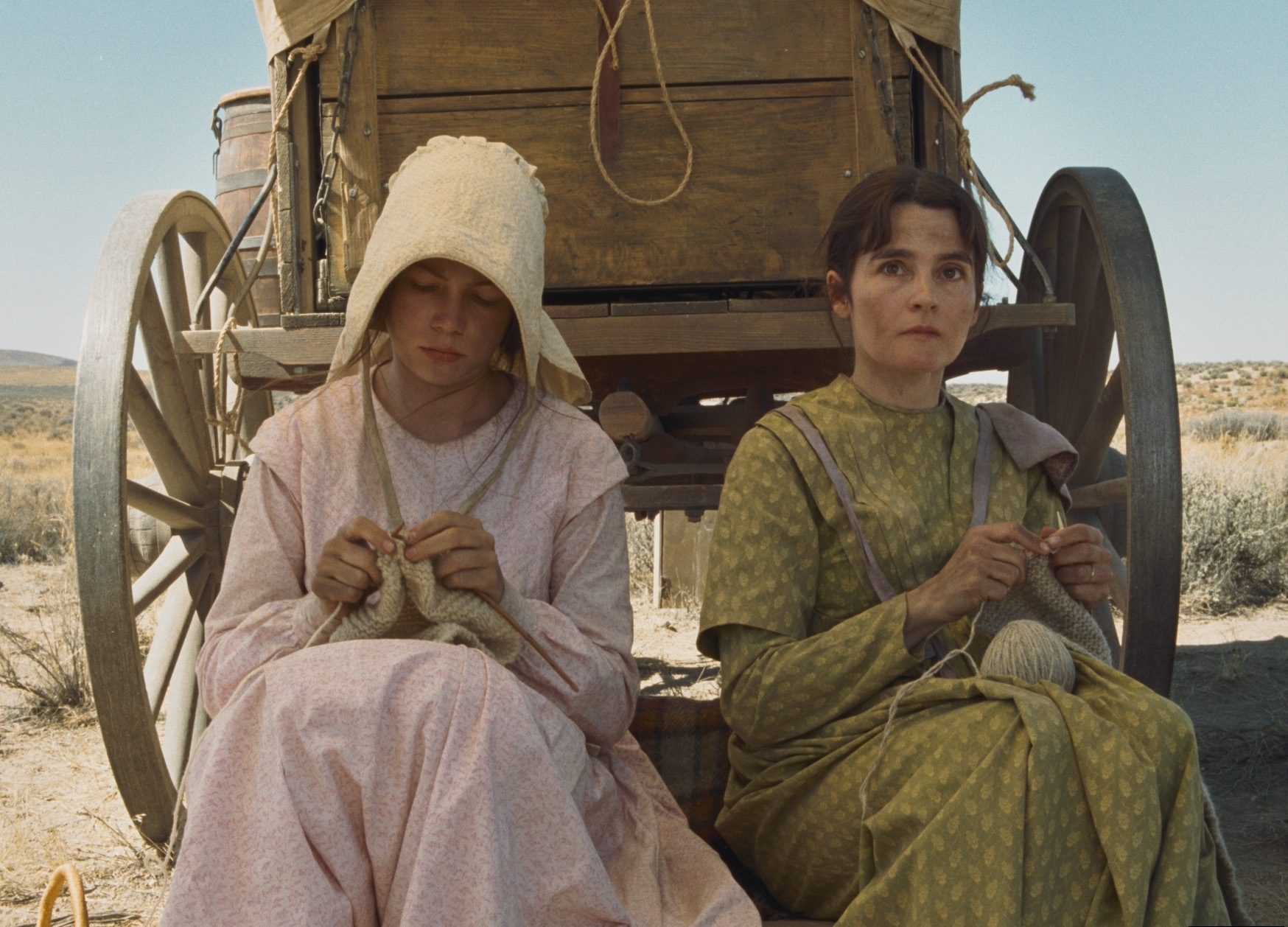
The character of Meek, played by Bruce Greenwood, serves as a flawed and unreliable leader, his authority increasingly challenged by the settlers. His confidence begins to erode as they realize they are lost and running out of supplies. Emily, portrayed by Michelle Williams, emerges as a quietly resilient figure who begins to question Meek's judgment, offering a rare voice of dissent among the group. The film’s minimalistic dialogue and focus on the physicality of the characters’ actions enhance the tension between trust and mistrust. The absence of a clear villain or hero invites the viewer to question the nature of leadership and decision-making in extreme circumstances.
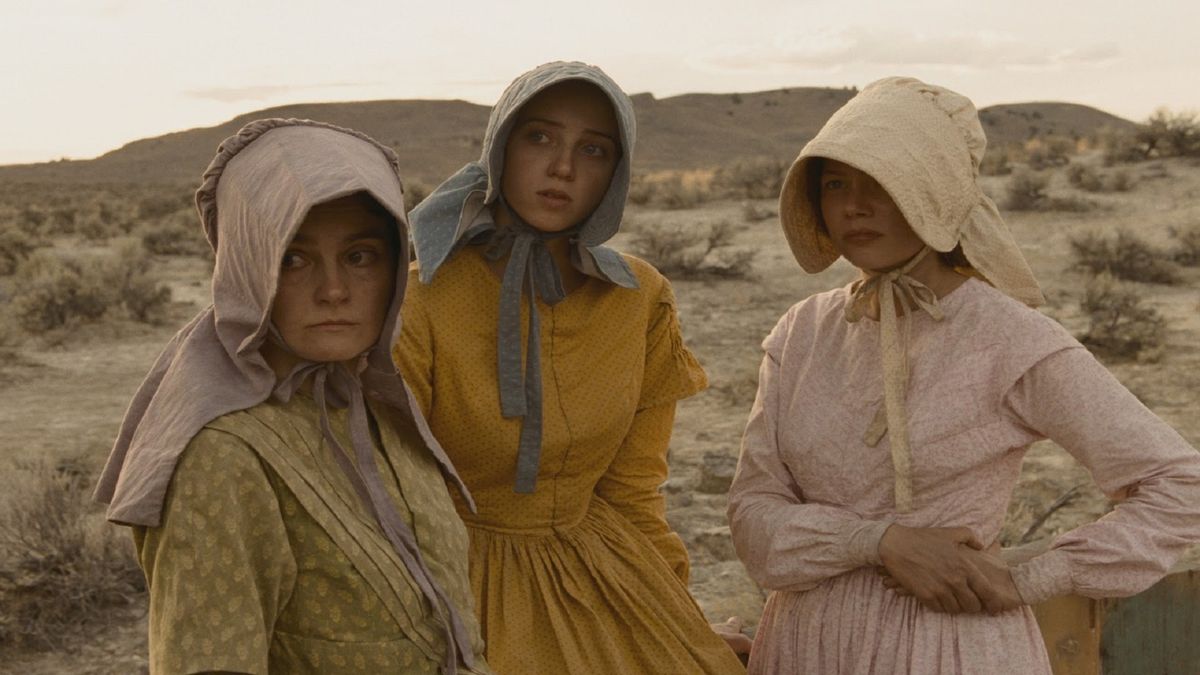
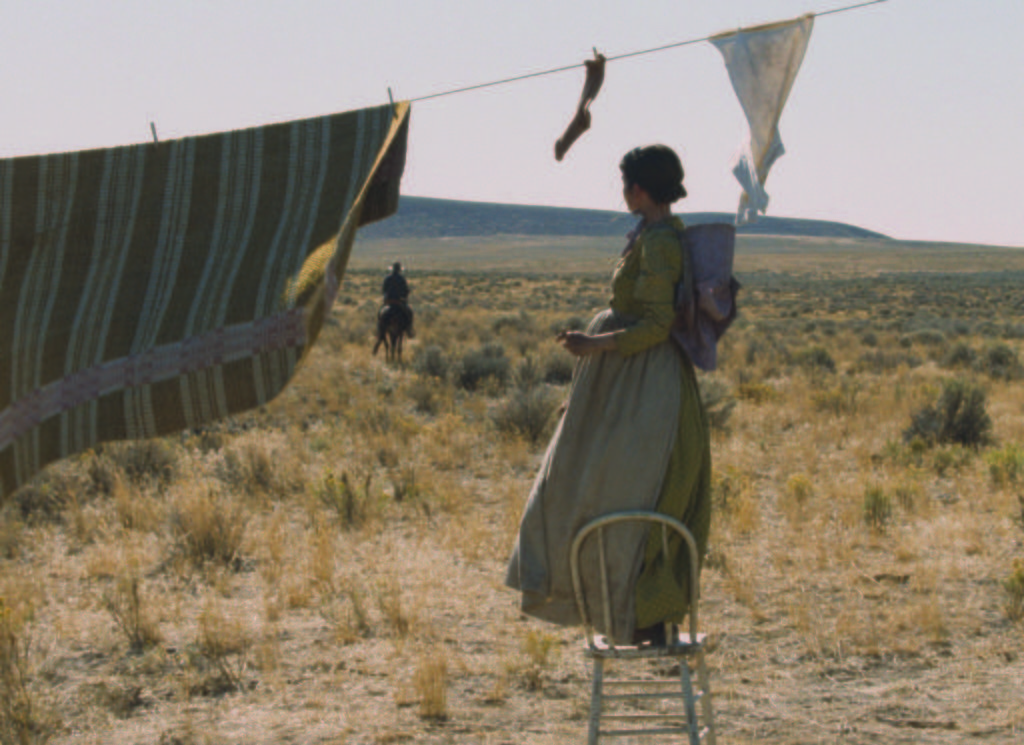
The use of a sparse, naturalistic style in Meek's Cutoff is a deliberate choice to emphasize the isolation of the characters and the harshness of their environment. The film makes use of wide shots to showcase the vastness of the terrain, often leaving the characters dwarfed and insignificant within it. The cinematography, by Christopher Blauvelt, enhances the film's mood of bleakness and uncertainty, emphasizing the characters' vulnerability. The constant sense of disorientation in the film mirrors the confusion and helplessness the settlers feel as they struggle to survive in an unfamiliar and unforgiving land.


Ultimately, Meek's Cutoff is not just a film about survival in the wilderness; it’s a meditation on human nature, power dynamics, and the tenuous hold on control that people have over their destinies. The film resists conventional narrative structures, leaving much of its story open to interpretation. Its minimalist approach makes it an engaging watch for those who appreciate slow, thoughtful cinema. Reichardt’s direction and the performances of the cast, particularly Williams, create a haunting, memorable experience that lingers long after the credits roll.
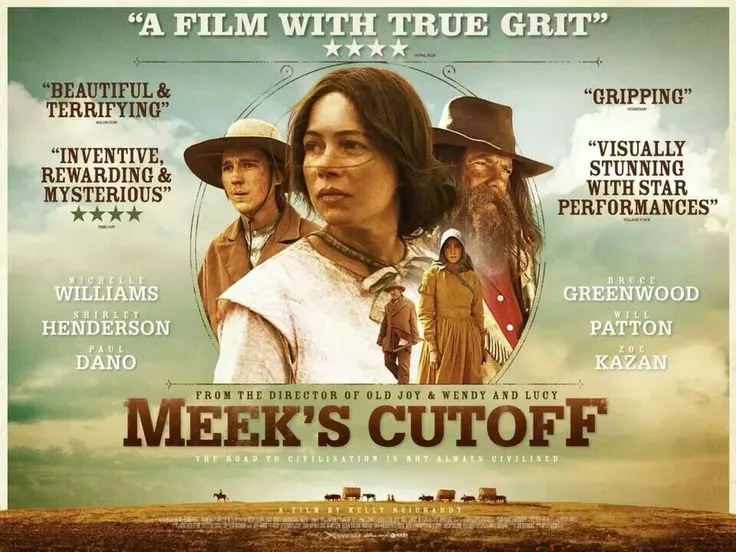
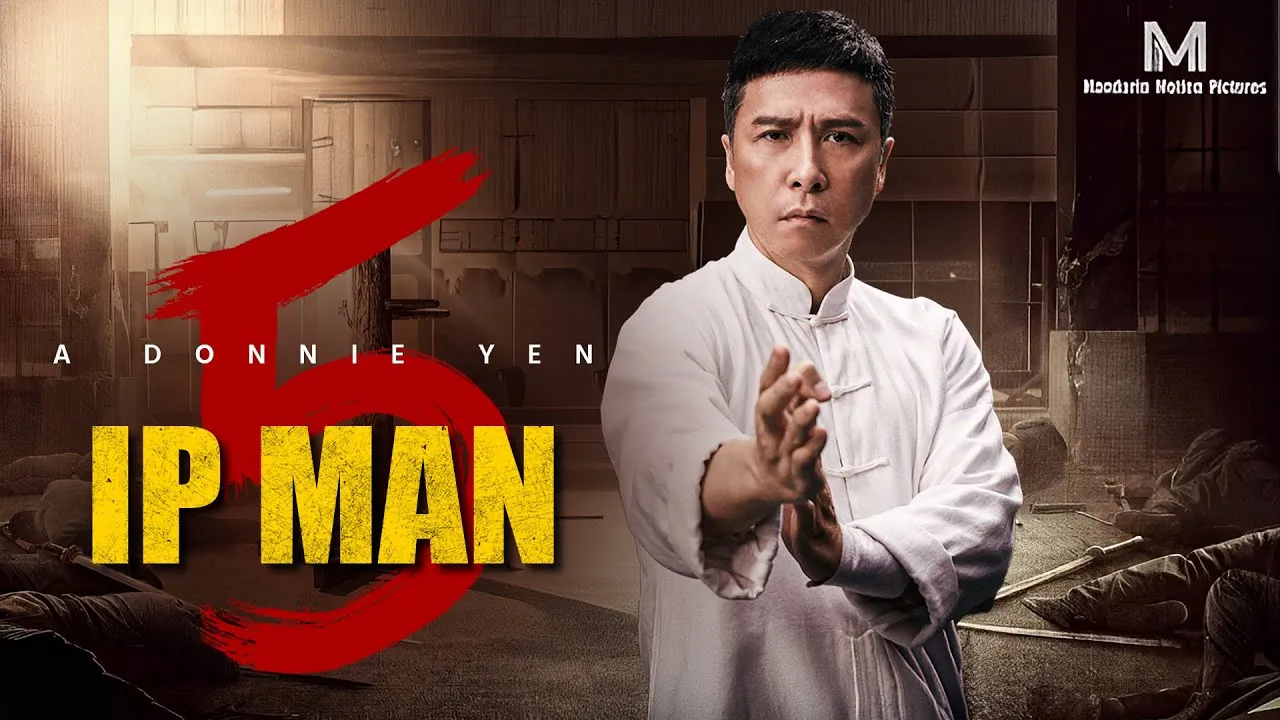

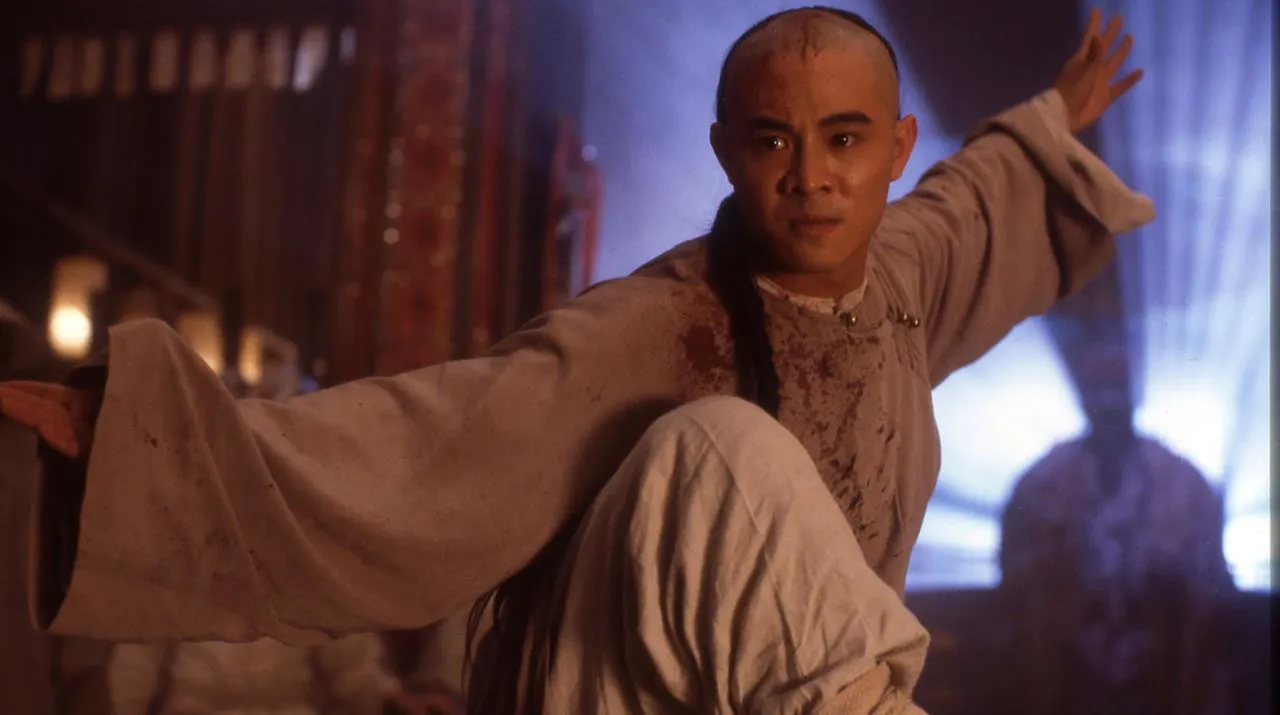
-1739107535-q80.webp)